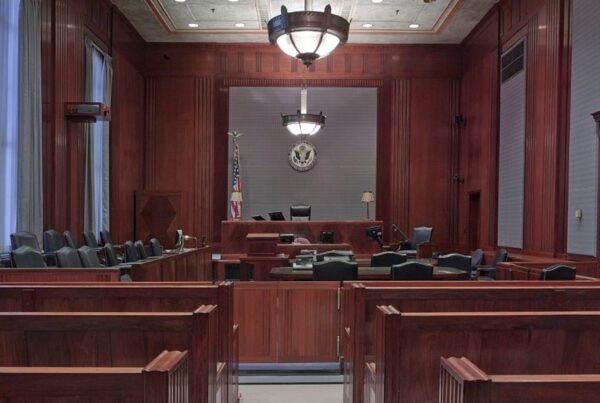Throughout the course of a lawsuit, the presiding judge will issue a sequence of orders that pave the way to the ultimate order determining the case’s merits. The scope of legal orders can be quite diverse, encompassing everything from the restriction of admissible evidence at trial to a party’s entitlement to specific records of witness testimonies, and even a litigant’s pursuit of particular forms of damages. There’s a plethora of orders that can be entered by a civil case’s trial judge that are not dispositive of the case. In certain occasions, a litigant can request the court to reconsider its ruling. In this post, we’ll briefly explain what “motions for reconsideration” are, and when they are permitted.
The Third District Court of Appeal has held that “[a] party may file a motion for reconsideration to address a nonfinal order [. . .].” ARP Acquisitions Corp. v. PHH Mortgage Corporation, 337 So. 3d 873, 875 (Fla. 3d DCA 2022). The reason being is because the trial court “has inherent authority to reconsider and modify its interlocutory[1] orders.” AC Holdings 2006, Inc. v. McCarty, 985 So. 2d 1123, 1125 (Fla. 3d DCA 2008).
Motions for reconsideration are based upon the trial court’s inherent authority to reconsider and alter or retract orders prior to the entry of final judgment. See Bettez v. City of Miami, 510 So. 2d 1242, 1242-43 (Fla. 3d DCA 1987); see also Seigler v. Bell, 148 So. 3d 473, 478-79 (Fla. 5th DCA 2014). When a glaring error exists, and the principles of justice necessitate a remedy, the court will amend a previous decision. See Prudential Securities, Inc. v. Emerson, 919 F. Supp. 415, 417 (M.D. Fla.1996).
“Generally, if newly discovered evidence would probably change the outcome of a trial or hearing, a motion for new hearing based upon that evidence should properly be granted.” Cluett v. Dep’t of Prof’l Regulation, Florida Real Estate Com’n, 530 So. 2d 351, 355 (Fla. 1st DCA 1988). “Although discretionary, where the party has been diligent in presenting the newly discovered evidence to the court, and it bears on a material issue in the case, a court abuses its discretion in not hearing such evidence.” Adelberg v. Adelberg, 142 So. 3d 895, 900 (Fla. 4th DCA 2014).
As evident, the trial court typically has the authority to rectify its own orders on two specific occasions: (1) when a clear and unmistakable error is present, and (2) when new evidence has emerged that was not accessible at the time of the initial order. For instance, if a judge initially denies the testimony of a specific witness in a case, and subsequently, an attorney for one of the parties acquires documents that unequivocally demonstrate the crucial relevance of the previously excluded testimony, the presiding judge may reevaluate their decision and grant permission for the witness to provide their testimony.
For more information on civil trials or business disputes, contact one of our experienced civil trial attorneys at 305-570-2208. You can also email our lead attorney Eduardo directly at eduardo@ayalalawpa.com.
We at Ayala Law PA are passionate about helping those in legal need, so please don’t hesitate to schedule a case evaluation with us online here.







